While it may seem ordinary and unimportant, pretend play is essential for children’s development. During toddler play, there is a lot going on in their little brains! Children learn many skills while having fun in a safe space.
Pretend toddler play is as simple as two preschoolers imagining they are a dog and dog owner. Other toddlers might run around pretending to be superheroes, or pretending to play house.
Read on to learn what pretend play is, the benefits of imaginative play, and how you can encourage this type of play in your home.
What is Pretend Play for Toddlers?
Imaginative play, make-believe play, or pretend play is an open-ended type of free play. Children often pretend to be someone else, such as a teacher, a mother, or even an animal. During imaginative play, children can do something as simple as serving pretend food in a “restaurant.” Or, they might come up with elaborate storylines involving magic and fantastical thinking.
When does pretend play for toddlers start?
Pretend play for toddlers starts as young as 14 months of age! At this age, imaginative play is simple. They might pretend to feed a doll or teddy bear or imagine that they are taking a nap.
Pretend play can last throughout childhood, changing and morphing as children grow. Some adults still engage in pretend play through theater, video games, art, and other venues.
Why is pretend play for toddlers important?
Imaginative play is so important in childhood development. In fact, pretend play for toddlers is a hallmark of childhood. When children don’t organically engage in pretend play, it may be a sign that your child needs support. Pretend play is important because it helps children develop skills that will serve them as they grow older.

7 Benefits of Imaginative Play
There are numerous benefits of pretend play for toddlers. Here are just a few:
Pretend Play Benefit 1: Language Skills
While playing, children talk to their playmates. When they take on other personas such as fairies, superheroes, or teachers, they practice using new vocabulary, tones of voice, and personalities.
Pretend Play Benefit 2: Social Skills
Pretend play gives children the chance to interact with others. They model social skills they see in the world during pretend play. Plus, they must also solve disagreements such as who plays which role, sharing toys and props, etc.
Pretend Play Benefit 3: Building Concentration
During early childhood, children must build their attention span slowly. Imaginative toddler play gives kids the opportunity to practice building their concentration.
Pretend Play Benefit 4: Emotional Development
During imaginative play, children take on new roles and explore. When they role play, they can see what it must feel like to be a father, teacher, or even a pet. This can help kids build empathy.
In addition, young children pretend to feel certain emotions and practice reacting to other people’s emotions. This helps them build their emotional awareness.
Pretend Play Benefit 5: Problem-Solving Skills
Plenty of problems can arise during pretend play. From a fort that won’t hold up properly to solving a disagreement or coping when things don’t go as they’d planned, there are plenty of opportunities for practicing problem-solving skills.
Pretend Play Benefit 6: Builds Life Skills
Imaginative play encourages the development of life skills. When children play restaurant or house, they practice preparing food, cleaning, sweeping, caring for children, and more. While they may only appear to be copying adults, this actually prepares them for real-life situations.
Pretend Play Benefit 7: Encourages Exercise and Motor Skill Development
Imaginative play is active and filled with movement. Children may climb, jump, or run while playing. Plus, children also develop fine motor skills during certain types of imaginative play. For example, if children play school, they might spend time drawing or writing letters.
How to Encourage Pretend Play for Toddlers
Imaginative play brings so many benefits. Knowing this, it’s natural to wonder how you can encourage it more at home. Here are some pretend play ideas:
- Make sure your child has free time. Pretend play for toddlers is often a natural outcome of having unstructured time at home or with friends. So, ensure your child has time every day to play. That may mean they have to be a little bored first!
- Offer your child open-ended toys. Open-ended toys are toys that can be used in multiple ways. Some examples are wooden blocks, mini stepping stones, or a surfer board. Even the Pikler Triangle can be imagined as a mountain, a cave, or used as a bridge for cars! Stuffed animals are another fun toy to use for pretend play.
- Create a fun play space. Give your child supplies such as a cardboard box and art supplies. This space can be a haven for imaginative play, where your child can spread out and build forts. You can even offer play scenarios such as a pretend doctor’s office or even a castle.
- Play with your child. Even if you just set aside 10 minutes to be involved in your child’s play, that can mean a lot. It will be a great point of connection and infuse new ideas into your child’s play.
- Do a household chore together. While you cook, you can pretend to be chefs! Or, you can pretend to work in a hotel.
- Look for toddler activities in your city. Many libraries offer play areas and story times. Local museums might have areas with pretend play props. Get out and explore together!
Pretend play for toddlers is an essential part of childhood. Not only is it fun, but it can help your child build crucial skills that will serve them socially, academically, and beyond! How does your toddler play?
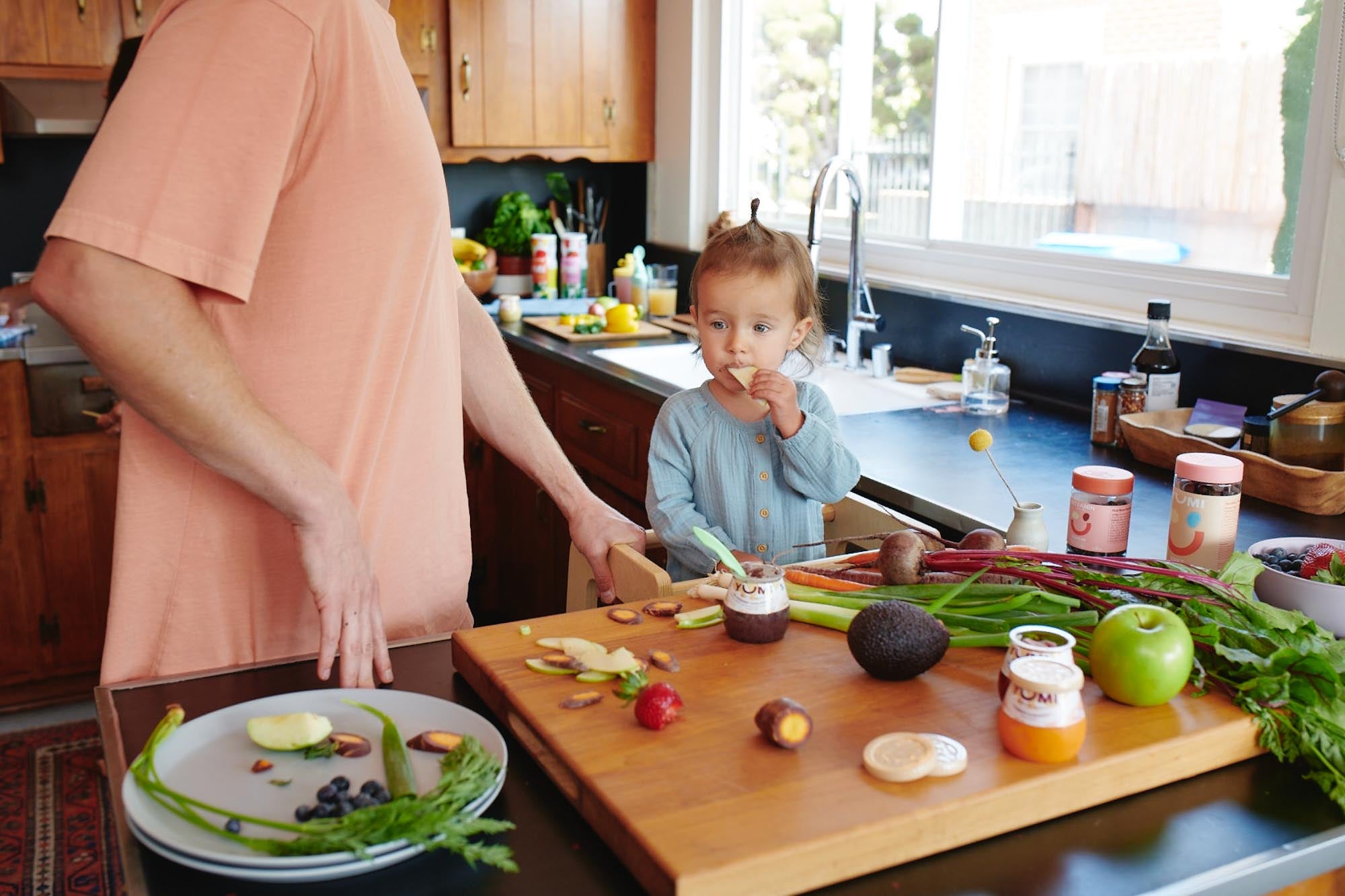

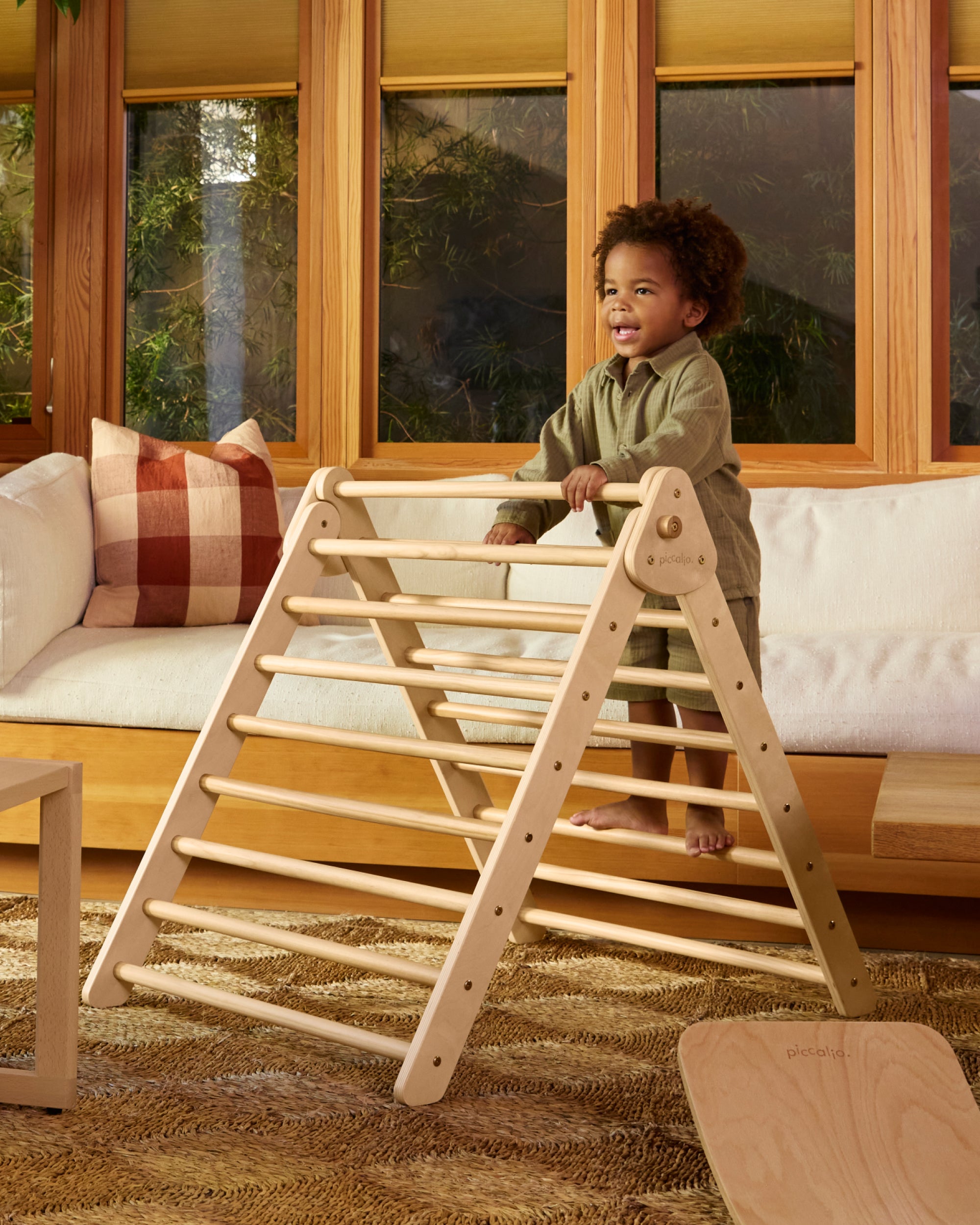
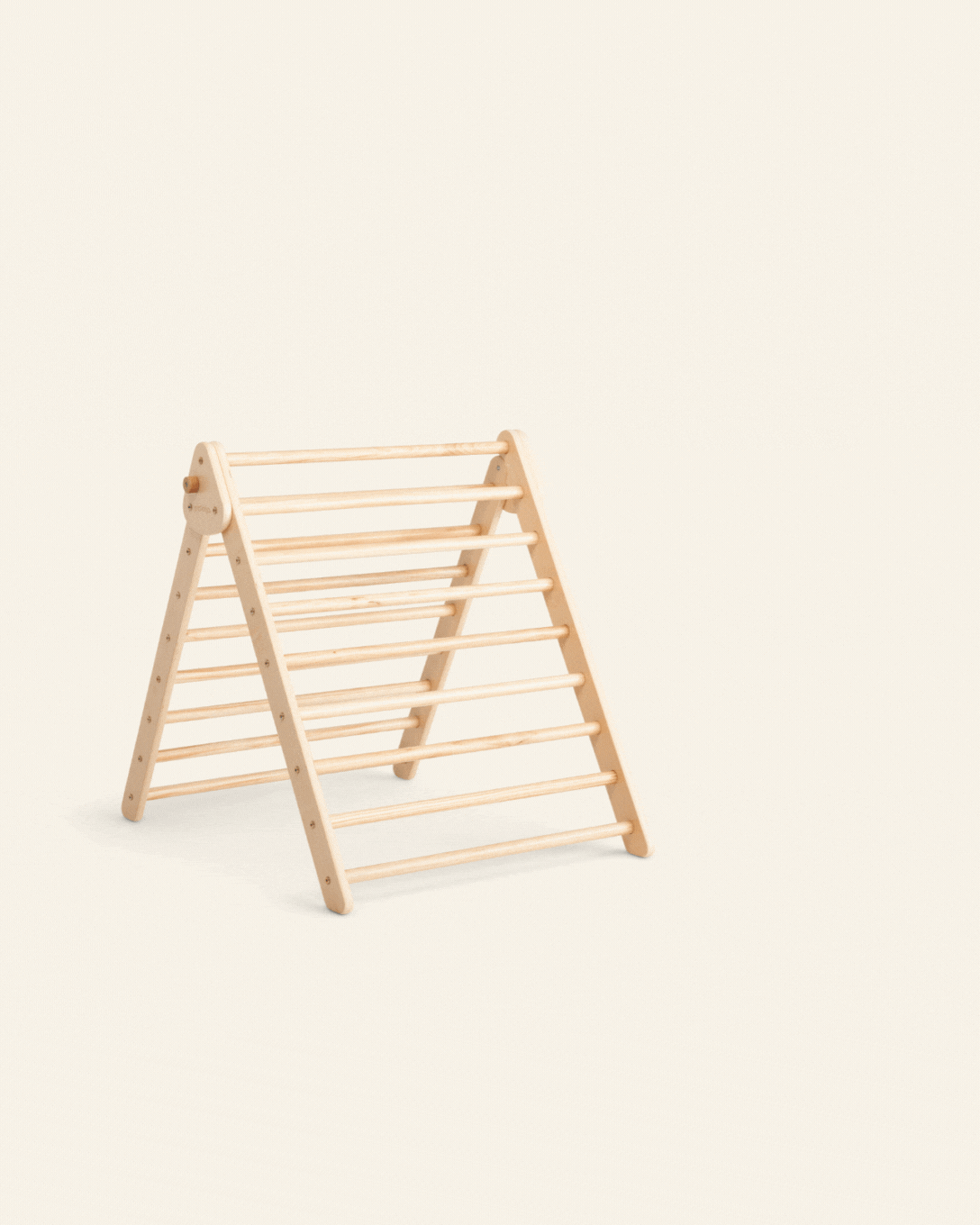
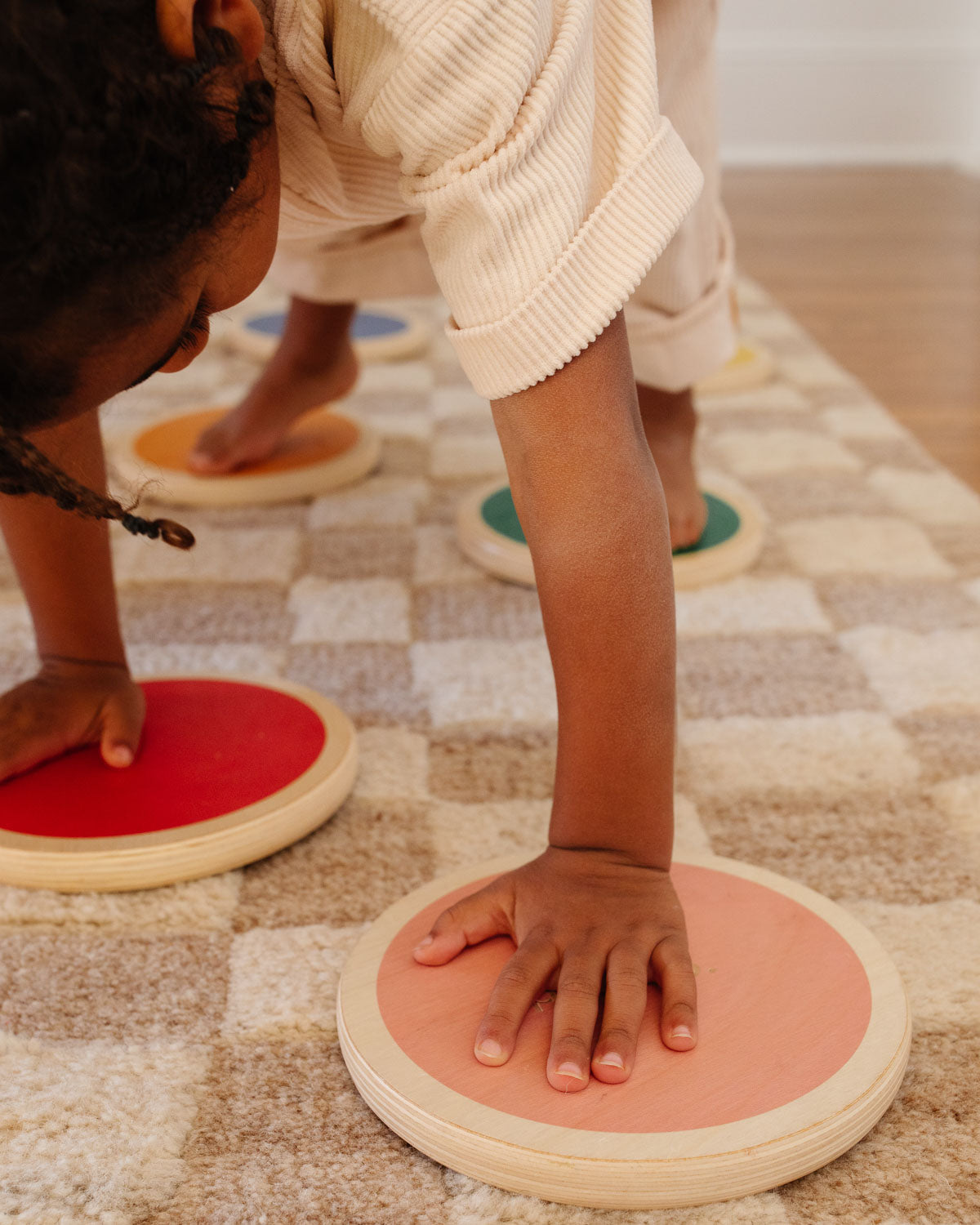
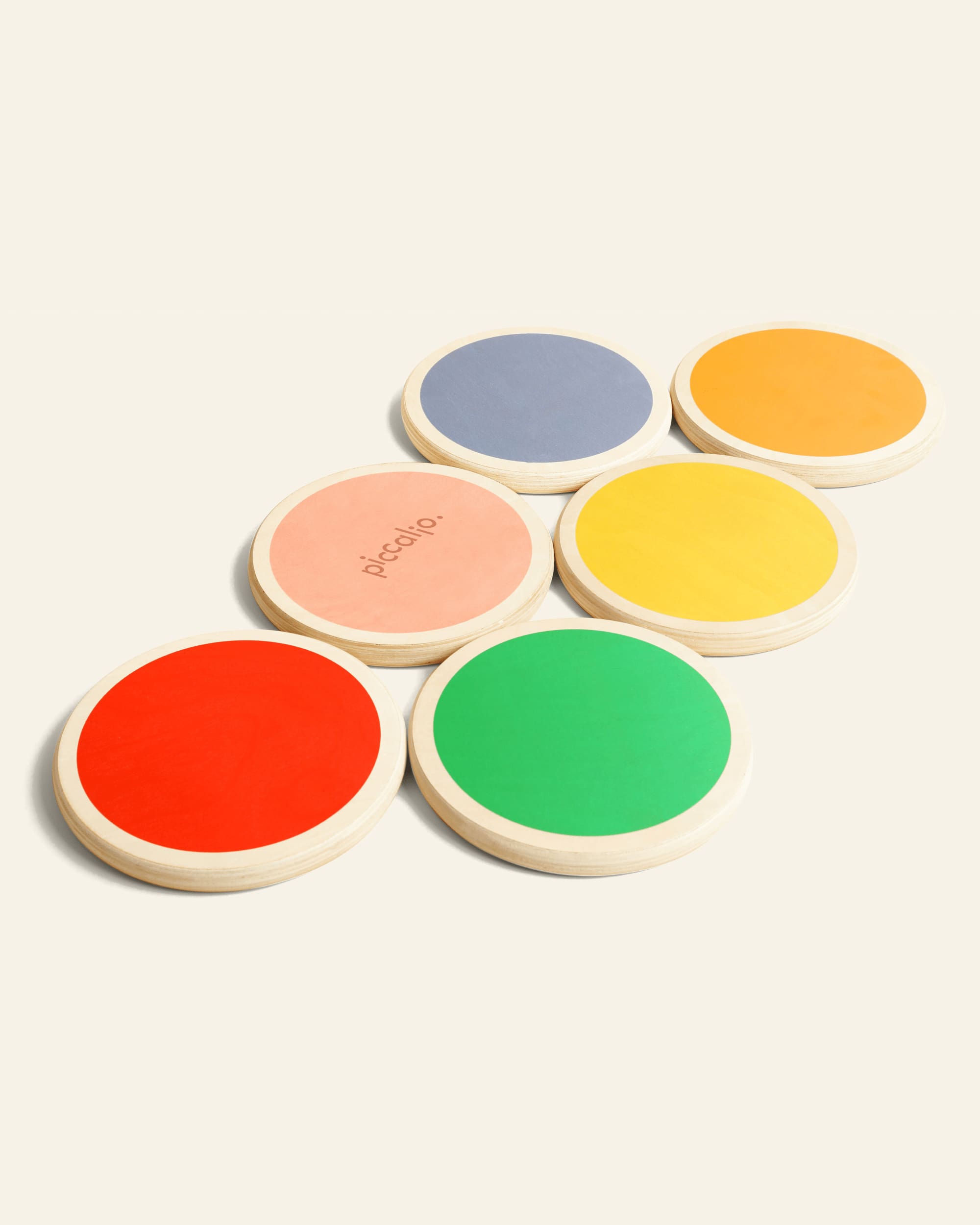
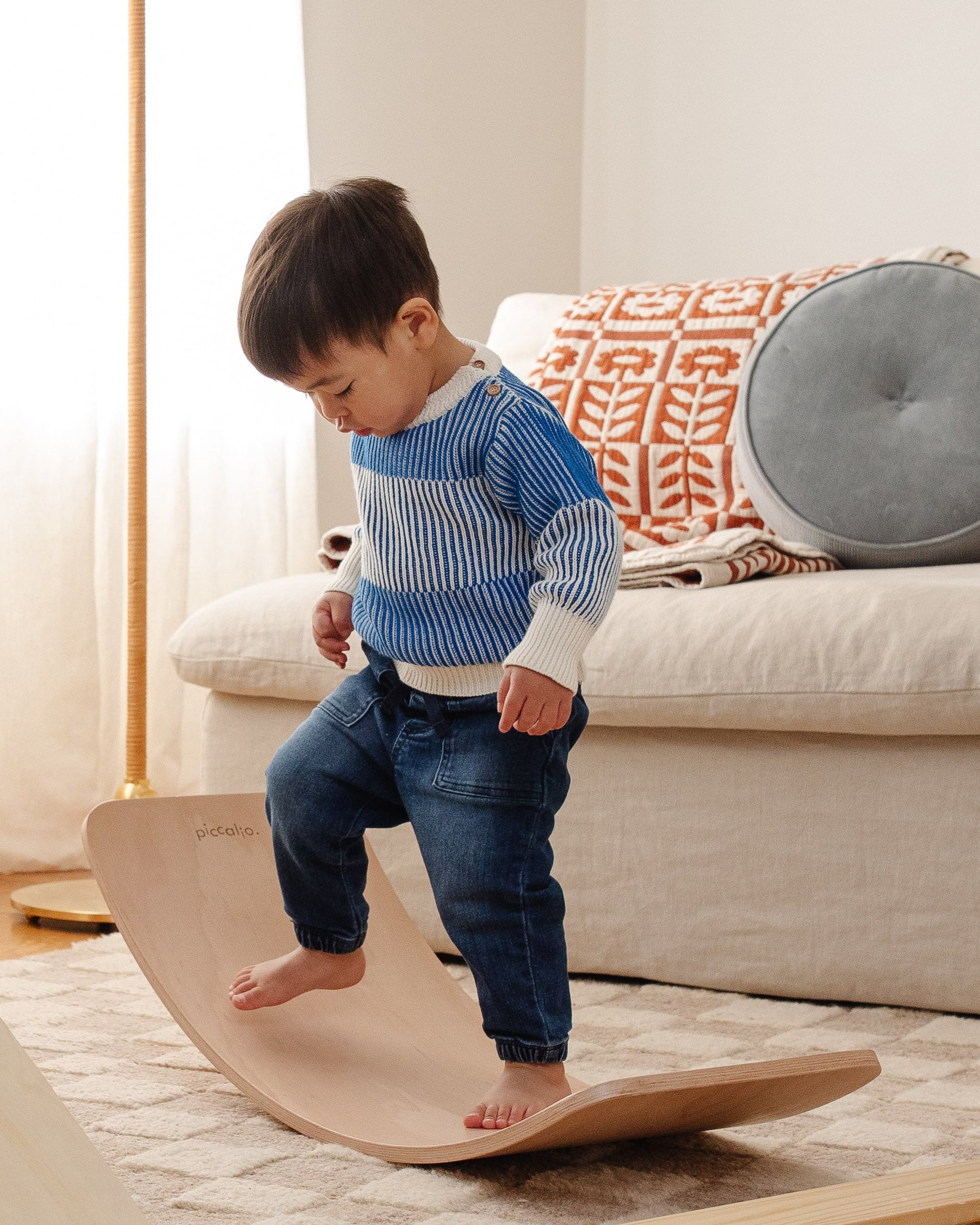
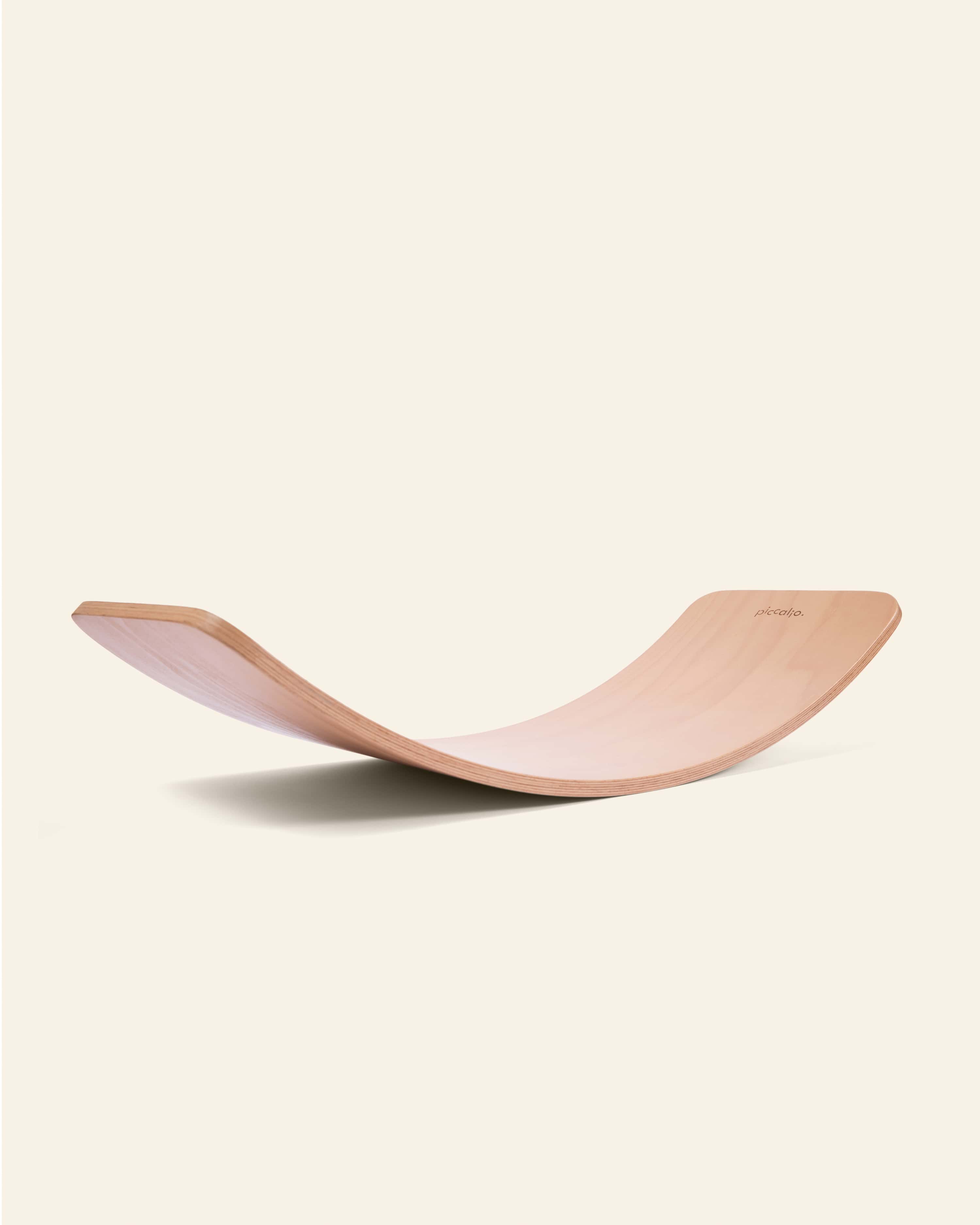
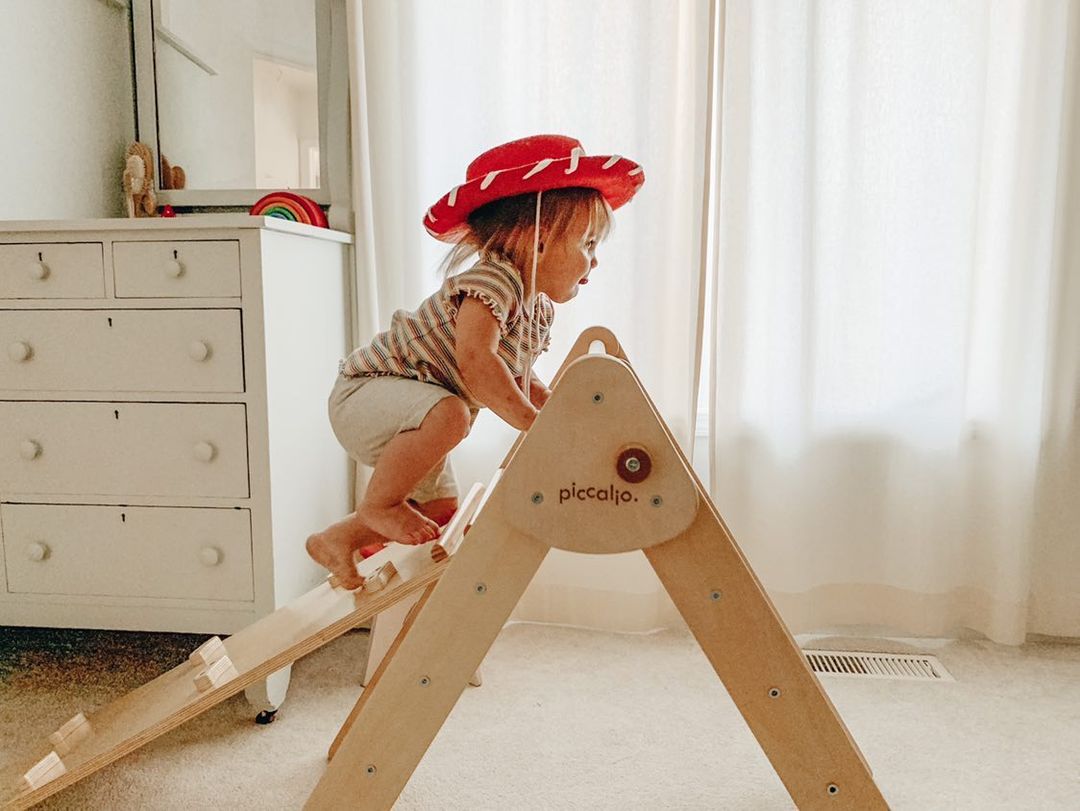
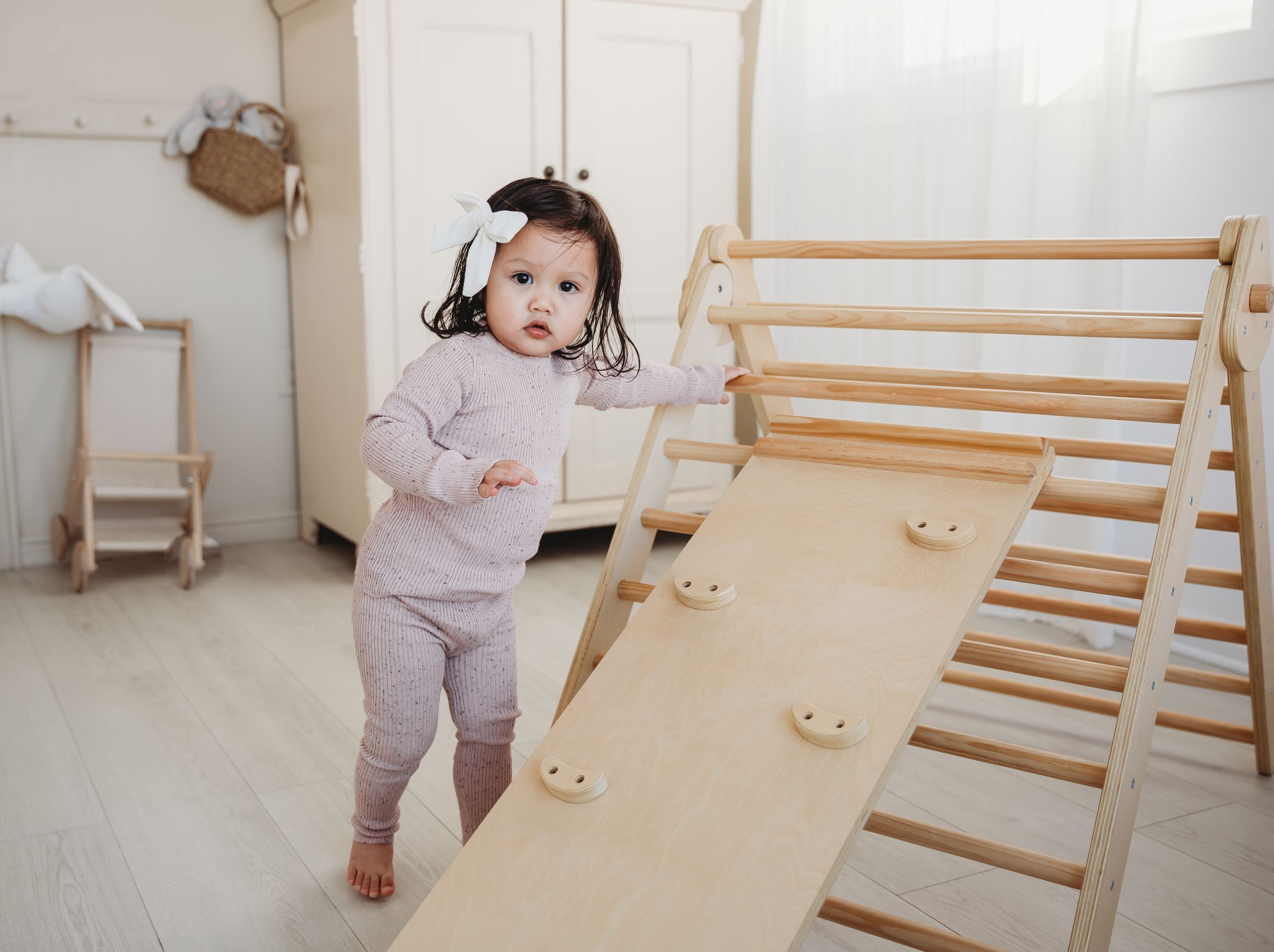
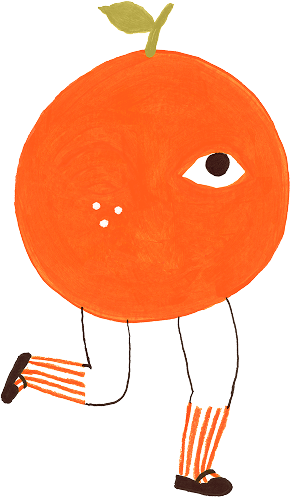
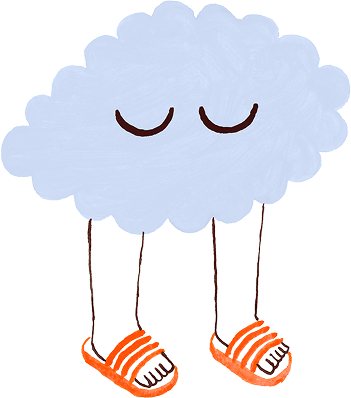
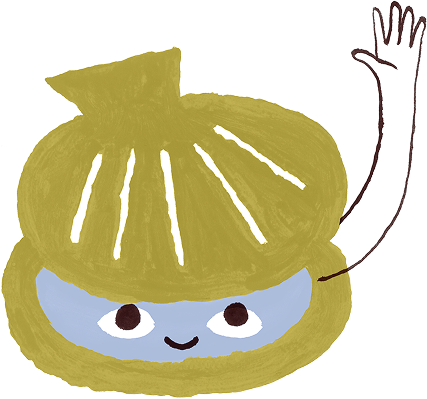
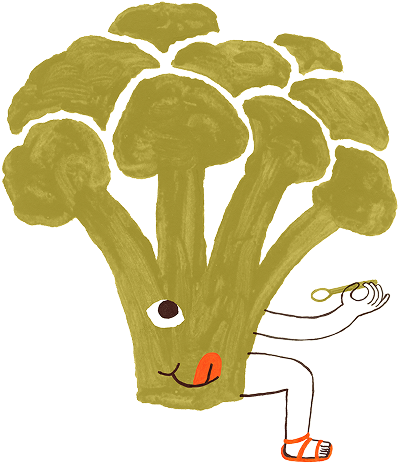
Leave a comment
This site is protected by hCaptcha and the hCaptcha Privacy Policy and Terms of Service apply.